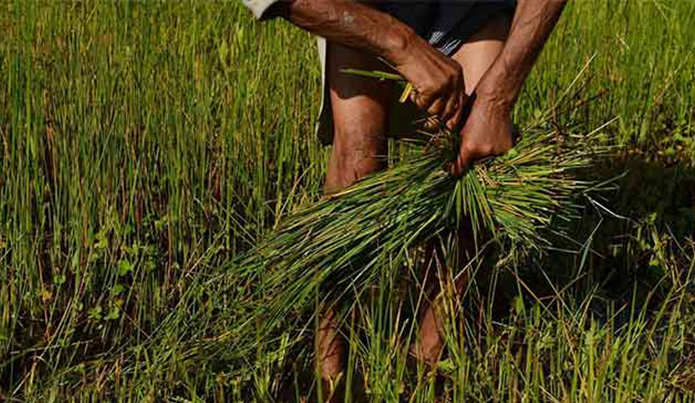Deskilling and Reskilling of Adivasi farmers- Context Specific Analysis is Important

Deskilling is a process of elimination of skilled labour within an economy. Separation of intelligence from muscle helps ruling class dominating both (Braverman, 1974). Advent of modern agriculture, characterised by hybrid seeds, chemical fertilisers, pesticides, etc., is considered responsible for deskilling in agriculture. In agriculture, deskilling is understood as a process in which farmers do not apply their intergenerational knowledge in farming and, instead, follow recommendations of research firms, seed and pesticide companies (Stone, Flachs, & Diepenbrock, 2014). Deskilled farmers eventually forget how the local environment works which leads to soil degradation, reduction in biodiversity and other ecological issues. Further, unpredictable nature of the technology makes farmers more vulnerable (Stone, 2007). This has made farmers dependent on the knowledge prescribed by seed or pesticide companies for cultivation.
Deskilling in agriculture led to ecological degradation, migration and even farmers’ suicide. For sustainably increasing farm production adaptive skilling is an important and necessary process. However, for adaptive skilling it is important to understand the nature and process of deskilling in a particular group of people.

